Description
The word herb, as used in herbal medicine, is also known as botanical medicine or as Phytotherapy or Phytomedicine which means a plant or plant part is used to make medicine to assist in the healing process during illness and disease. So there are many herbal remedies individually or in combination have been recommended in various medicinal treatises for the cure of different diseases. It contains various phytoconstituents belonging to alkaloids, glycosides, flavonoids, fixed oils, and carbohydrates. The roots of Pongamia pinnata are good for cleaning foul ulcers, cleaning teeth, strengthening gums and gonorrhoea. The root paste is used for local application in scrofulous enlargement. The fresh bark of Pongamia pinnata is sweet and mucilaginous to taste, soon become bitter and acrid. It is antihelmintic and useful in beri-beri, ophthalmology, dermatopathy, vaginopathy, and ulcers. Leaves of Pongamia pinnata are digestive, laxative, antihelmintic and are good for diarrhea, leprosy, dyspepsia and cough. Flowers are useful to quench dipsia in diabetes and for alleviating vata and kapha. The seeds are antihelmintic, bitter, acrid, haematinic and carminative. They are useful in inflammation, chronic fevers, anaemia and hemorrhoids. The oil is antihelmintic, styptic and recommended for opthalmia, leprosy, ulcers, herpes and lumbago. Its oil is a source of biodiesel. Pongamia pinnata has been applied as crude drug for the treatment of tumors, piles, skin diseases, and ulcers (Rout et al., 2009; Pavithra et al., 2010). The root is effective for treating gonorrhea, cleaning gums, teeth, and ulcers, and is used in vaginal and skin diseases (Muthu et al., 2006). Pongamia pinnata (L.) Pierre is one of the many plants with diverse medicinal properties where all its parts have been used as traditional medicine in the treatment and prevention of several kinds of ailments in many countries such as for treatment of piles, skin diseases, and wounds.
Aim of this review
This review discusses the current knowledge of traditional uses, phytochemistry, biological activities, and toxicity of this species in order to reveal its therapeutic and gaps requiring future research opportunities.
Material and methods
This review is based on literature study on scientific journals and books from library and electronic sources such as ScienceDirect, PubMed, ACS, etc.
Results
Several different classes of flavonoid derivatives, such as flavones, flavans, and chalcones, and several types of compounds including terpenes, steroid, and fatty acids have been isolated from all parts of this plant. The pharmacological studies revealed that various types of preparations, extracts, and single compounds of this species exhibited a broad spectrum of biological activities such as antioxidant, antimicrobial, anti-inflammatory, and anti-diabetic activities.
Conclusion
The results of several toxicity studies indicated that extracts and single compounds isolated from this species did not show any significant toxicity and did not cause abnormality on some rats’ organs. Thus, this plant has a potential to be used as an effective therapeutic remedy due to its low toxicity towards mammalian cells. However, further study on chemical constituents and their mechanisms in exhibiting certain biological activities are needed to understand the full phytochemical profile and the complex pharmacological effects of this plant. In addition, further study on the toxicity of the other compounds isolated from this plant required to be assessed to ensure their eligibility to be used as sources of drugs.


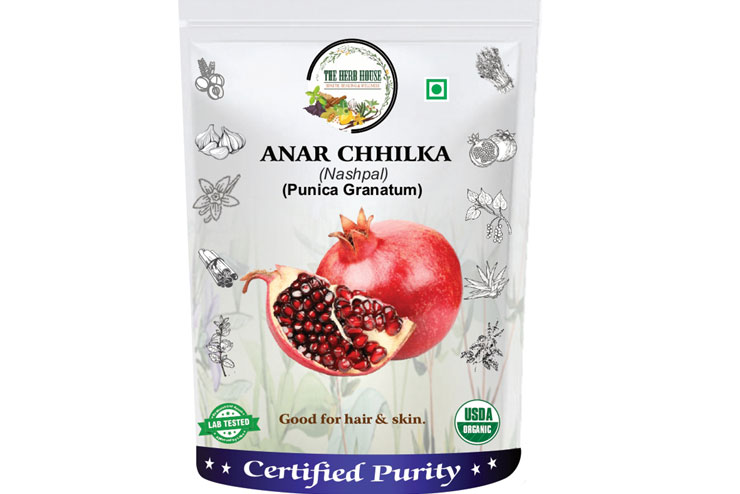
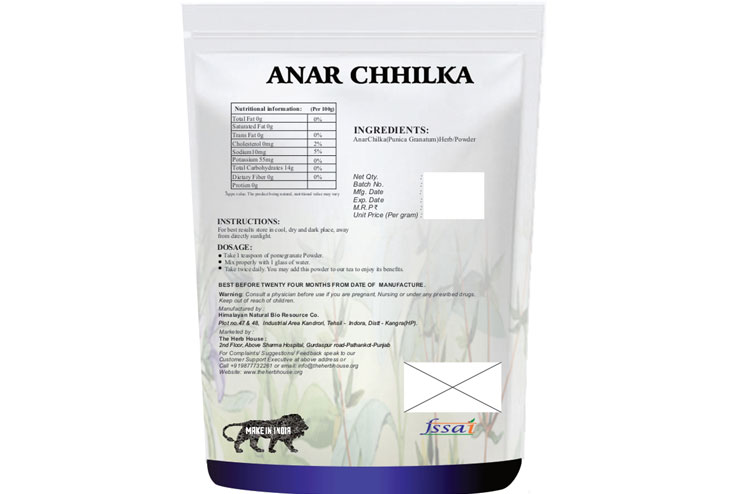
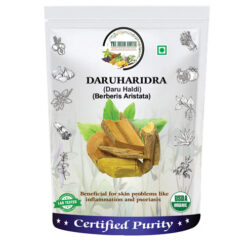
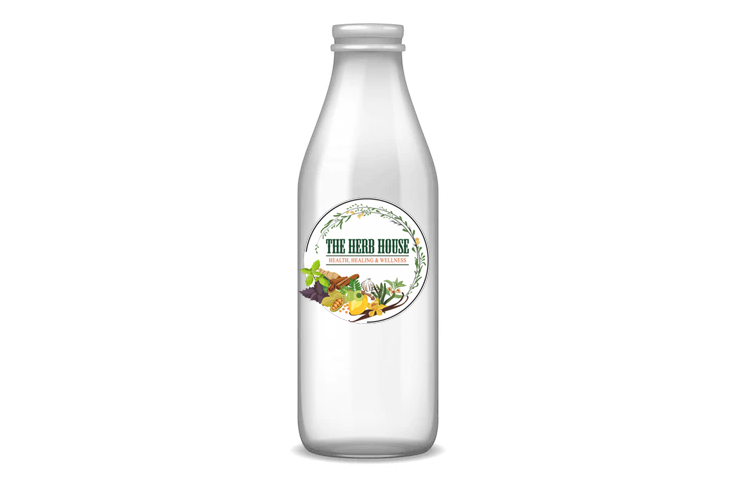
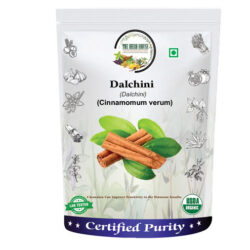
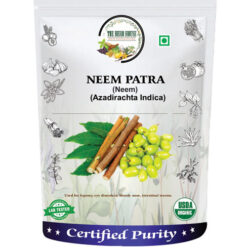
Reviews
There are no reviews yet.